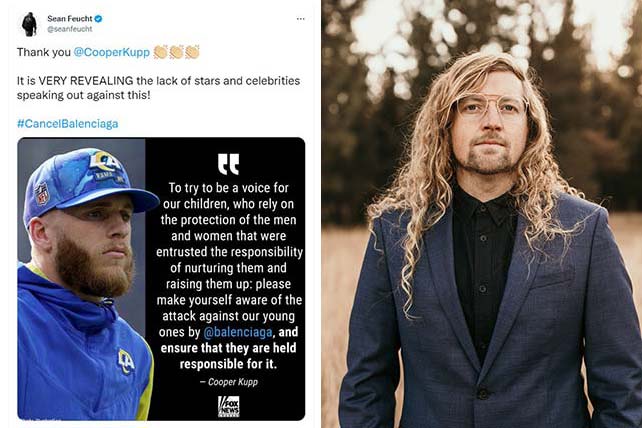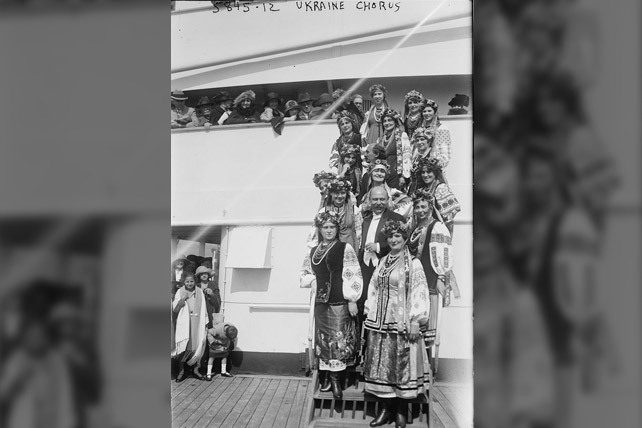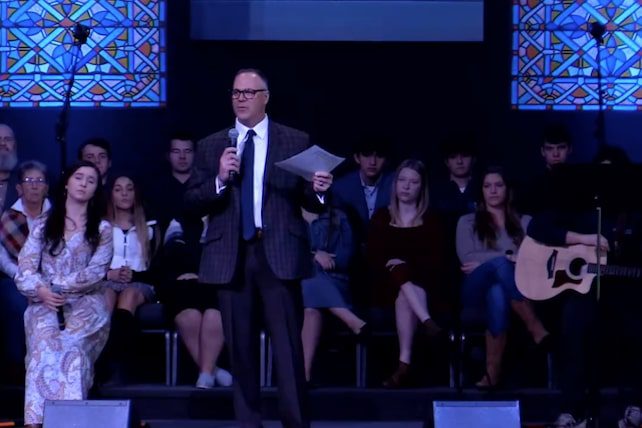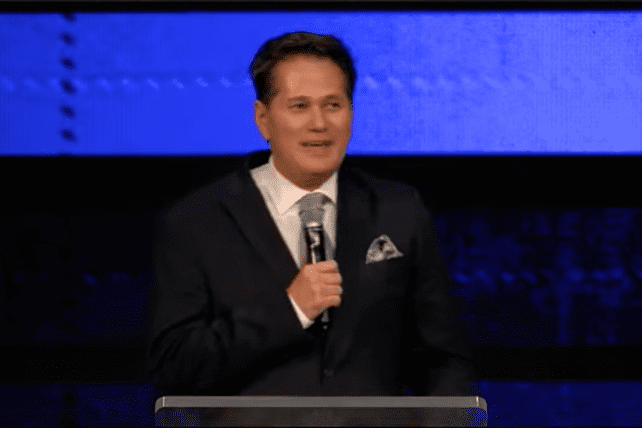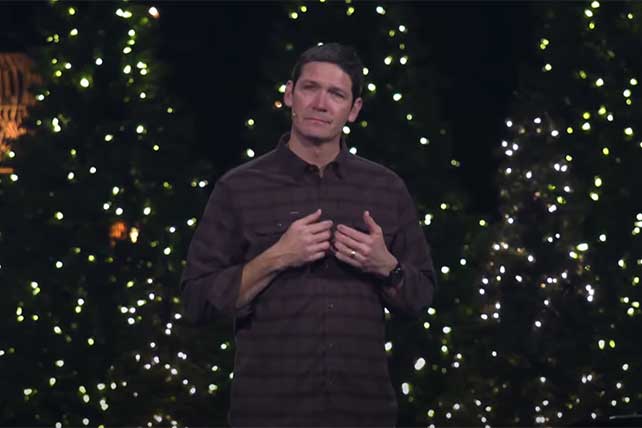For one thing, music doesn’t bring people to Jesus. Jesus does that work admirably enough through the Holy Spirit, certainly better than a brush with David Crowder’s beard. But there’s an even deeper flaw in our thinking. Worship is not an evangelistic tool.
Missional Meditation
Consider this comment I received on the “Modernized Hymns” post.
I have tried to avoid God my whole life. I wouldn’t know a traditional hymn from a modernized hymn. I’ve never even stepped foot into a church … until this past Sunday. The people on stage sang a song by David Crowder, and I began to feel the very presence of God. It was like nothing I ever felt before. Tears streamed down my eyes and right then, I bowed down and made a decision to surrender my life to Jesus. I ask you a simple question … wasn’t David Crowder’s song—guitars, modernized lyrics and all—worth being written and sang that way? —The person next to you in the pew
This type of appeal is quite common, both on this blog and elsewhere. I’ve heard it as long as I can remember. “We don’t worship like we used to because it doesn’t bring people to Jesus. You want people to come to Jesus, right? RIGHT?!? YOU BETTER WANT PEOPLE TO COME TO JESUS!!”
I heard one pastor say it this way: “When we aren’t willing to change how we worship so that our culture understands it, we’re telling the world it can go to hell.”
Yikes.
To make sure I don’t come across as mean or callous, especially to my evangelical friends and readers, I should explain something.
I do want people to come to Jesus.
But my answer to this commenter is, “No.”
For one thing, music doesn’t bring people to Jesus. Jesus does that work admirably enough through the Holy Spirit, certainly better than a brush with David Crowder’s beard.
But there’s an even deeper flaw in our thinking.
Worship is not an evangelistic tool.
We don’t worship together to attract unbelievers.
We worship together because God is worthy.
We worship together because this gracious God has called us into his story and grafted us together as covenant people.
We worship together because we desperately need to tell and retell and hear and rehear that story.
We worship together to be refocused, reshaped, renewed by God’s gifts. We need liturgy. We need Word and Sacrament.



